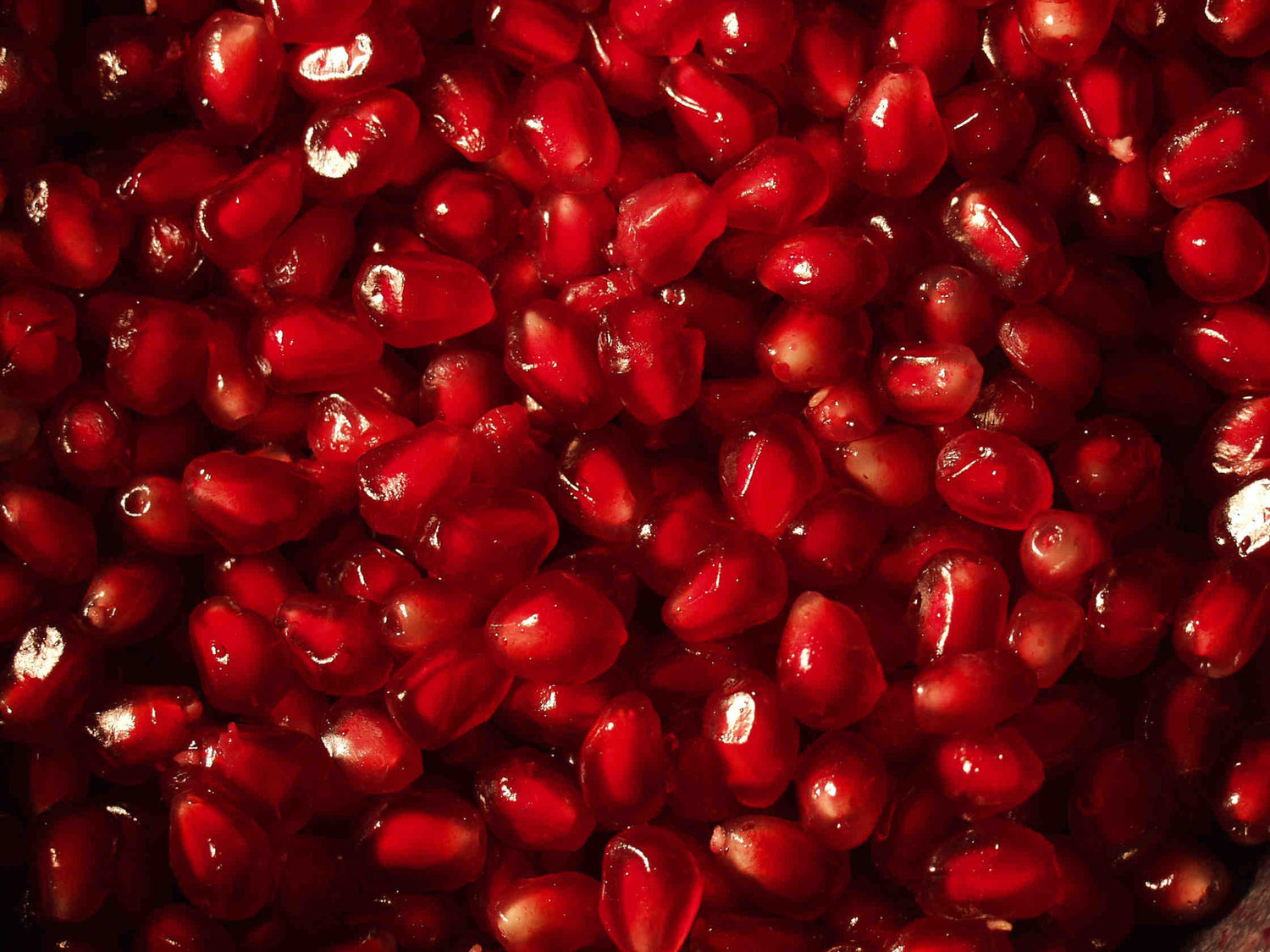
A BRIEF INTRODUCTION OF POMEGRANATE
Pomegranate is believed to have been cultivated by the ancient Persians in the region of modern Iran. Today, pomegranate fruit grown in Iran and countries around the Mediterranean Sea and Caucasus mountains are still considered the finest. Pomegranate spread from Persian Gulf eastward along the ancient trade routes. China is now one of the largest producer of pomegranate fruits. Pomegranate was introduced to Europe (initially Spain) when Islam was at its renaissance in fifteen century. The Spanish colonizers brought the fruit to other continents as Spanish ships sailed to the Americas.
You do see pomegranate trees and fruits in gardens and nurseries in Singapore. They are more commonly known as “Red Flowers” among older folks. The Chinese name is Shi Liu (石榴). The spices we see here is rather small in both the tree and the fruit. They are not really suitable as edible fruits. There are more than 600 varieties of pomegranates throughout the world. Those fit for human consumption are much larger, about the size of a big red apple.
Speaking about apple, some Biblical theorists actually suggest that apple was not what Eve offered to Adam in the Garden of Eden. It was pomegranate! In many culture, pomegranate is a symbol of fertility. If the population of the world today is anything of an indication of the fertility power from pomegranate, this theory could be very well true!
Pomegranates figure in many religious paintings by the likes of Sandro Botticelli and Leonardo da Vinci, often in the hands of Virgin Mary or the infant Jesus. The fruit, broken or bursting open, is a symbol of the fullness of his suffering and resurrection. In fact, pomegranate was cited as a desired food and a symbol of beauty in the Bible. For example, in Song of Solomon 4:3, it reads “Your lips are like a ribbon of scarlet. Oh, how beautiful your mouth! Your cheeks behind your veil are like pomegranate halves-lovely and delicious”.
Prophet Mohammed is said to have praised pomegranate for its nutritional and spiritual values, and have encouraged his followers to eat the fruit as a means of purifying their body of envy and hatred.
The Arab Bedouins wedding prominently feature pomegranates: a ripe fruit is split open by the groom as he and his bride enter their home. Abundant arils ensure that the couple who eat them will have many children.
In Buddhism, pomegranate is one of the three Blessed Fruits of Buddhism, along with Citrus and Peach.
In Hinduism, Lord Ganesha's image appears in many from - 32 of them. Of that, 6 of them appear with pomegranate.
All the legends have made pomegranate a mystical fruit with magic but unsaid powers. Many members may not have noticed that three royal colleges, the Royal College of Midwives, the Royal College of Obstetricians and Gynaecologists and the Royal College of Physicians, all feature the pomegranate in their Crest!
It is no wonder that the power of pomegranate has finally court the attention of modern scientists. Various researches have been done in different part of the world. It has been commonly recognized that pomegranate fruit and juice are packed with antioxidants – the agents the body uses to protect itself against cell damage. Good natural sources of antioxidants include red win, tomato, green tea, blueberries…but now scientists believe that pomegranates, which are a rich source of antioxidant compounds called polyphenols, could be even better. Researches have pin pointed a few direct beneficiaries of pomegranate intake: reduced cholesterol level; reduced plaques in arteries; lowering high blood pressure; prevent or reduce tumors in organs such as prostate…pomegranate’s high Folic Acid contents also make it an ideal supplement for woman for pregnancy and even skin beatification.
Notwithstanding the researches on pomegranate are at the earlier stage and the results are not necessarily conclusive, the initial results are already exciting to health conscious consumers. Pomegranate juice has become the new celebrity in US, UK and some other countries. After all, there is no harm to drink this juice that has been treasured for thousands years by our ancestors. Moreover, the juice has a unique balanced taste of sweet and sour – likely to be fantastic for tropical Singapore.

